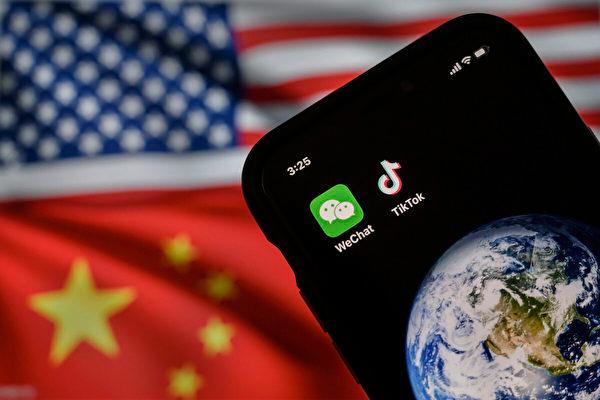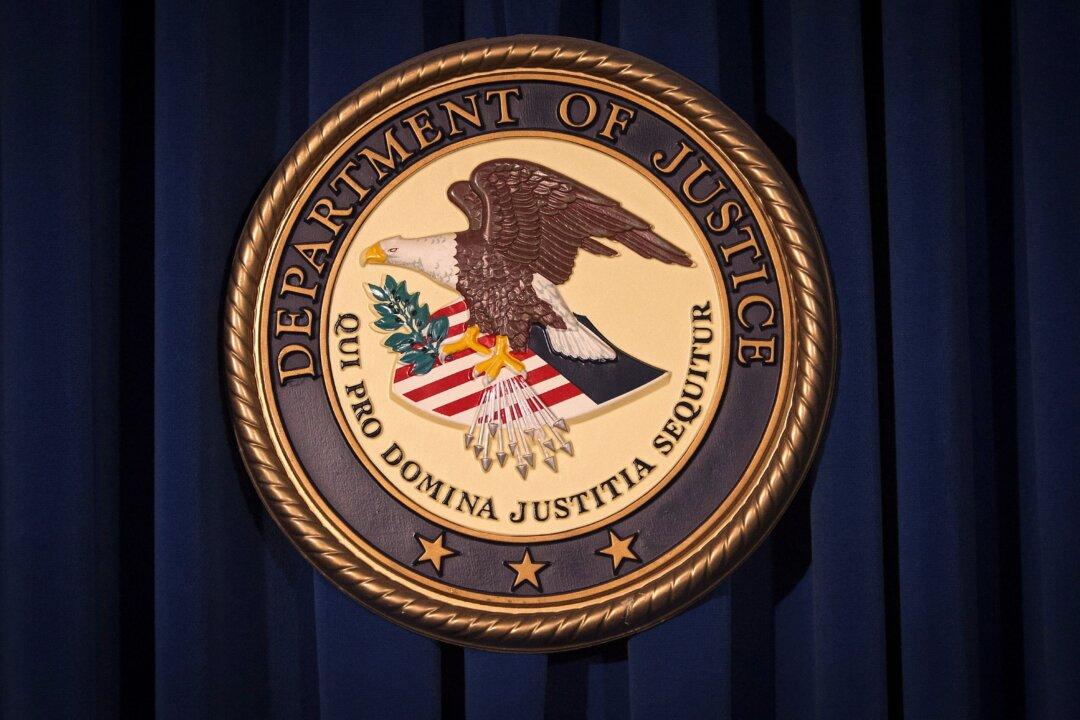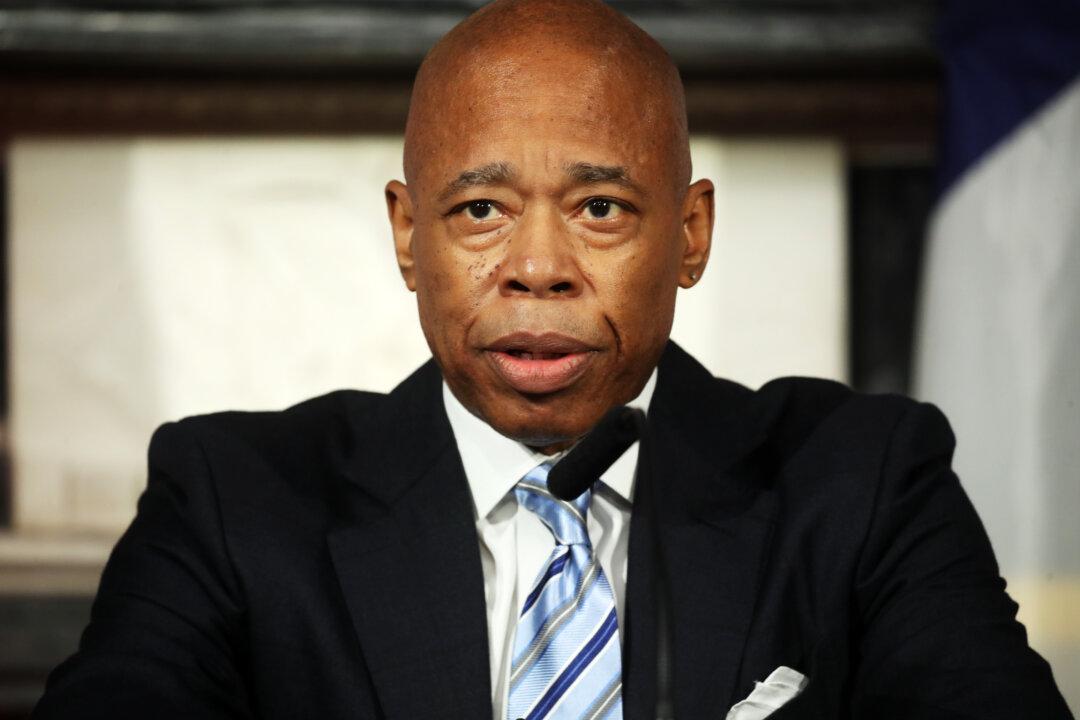China’s TikTok video hosting service has become ubiquitous among American youth today. Due to concerns over its data security and potential for spreading the viewpoints of the Chinese Communist Party (CCP), it has been subject to investigation by the U.S. government. However, experts point out that the primary force propagating Beijing’s perspectives lies in several pro-CCP media outlets, WeChat, and television networks that cover the entire Chinese community in the United States.
In 2020, the U.S. government imposed “foreign mission” status on fifteen of China’s state-run media outlets in the United States.




